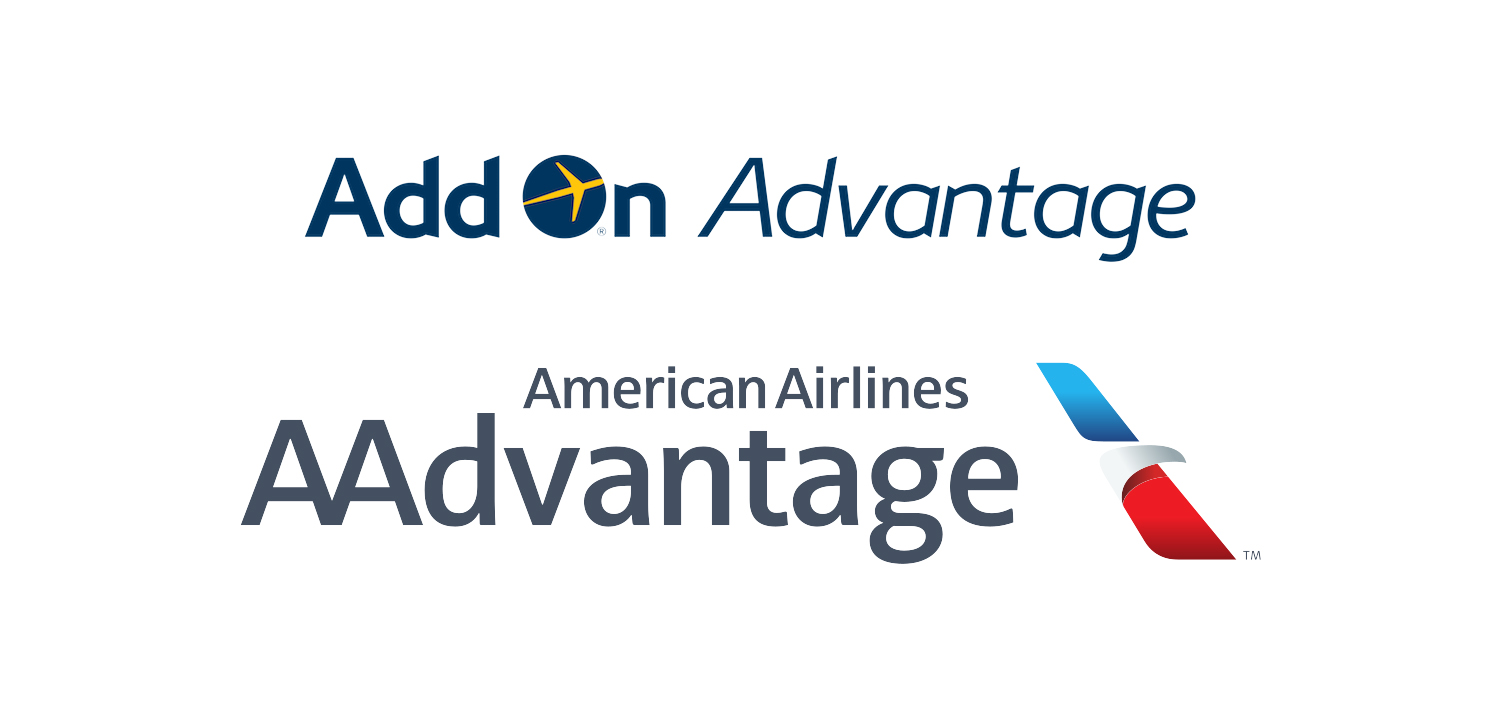American Airlines is suing Expedia in Texas, alleging that the online travel agency is guilty of trademark infringement.
The controversy centers around Expedia’s new “Add On Advantage” loyalty program. American Airlines contends that the name is too similar to its own AAdvantage loyalty program, resulting in passenger confusion. Because a nearly identical name is being used to sell similar services (travel) to the same customers (travelers), AA thinks it has a slam-dunk court case.
In its lawsuit, AA contends:
The Add On Advantage marks are confusingly similar to American’s ‘AAdvantage’ marks on their face…Expedia is increasing that confusion by using the Add On Advantage marks as a discount program for the bundling of airline tickets, car rental services and/or hotel services — the same kind of services that American offers under its AAdvantage program.
Even more importantly, AA contends that Expedia is using this trademarked name to sell tickets on other airlines, undermining the value of the AA brand:
This will create further confusion in consumers who previously associated the ‘AAdvantage’ marks with American, but who may question that association in view of Expedia’s use of Add On Advantage marks with other airlines.
Lastly, AA contends that Expedia misappropriated its right to use the AA trademark as part of its Governing Travel Agency Agreement. Put simply, AA says that Expedia is violating its rights as a travel agent selling AA flights.
Trademark vs. Copyright
Briefly, let’s understand the difference between a trademark and a copyright. A trademark protects items that distinguish a company brand, like its logo. The U.S. Patent Office defines a trademark as “a word, phrase, symbol, and/or design that identifies and distinguishes the source of the goods of one party from those of others.” Meanwhile, the office notes a copyright protects “original works of authorship including literary, dramatic, musical, and artistic works, such as poetry, novels, movies, songs, computer software, and architecture.”
AA has trademarked its logo, but has failed (repeatedly) to obtain copyright protection for it. Tomorrow, I will discuss AA’s copyright saga in more detail. Thus, the direct question is not whether the Expedia loyalty program has a similar logo to American’s. Instead, the question is whether the Expedia logo is deceptive or confusing. Do consumers link the Expedia logo and program with the American Airlines program?
CONCLUSION
I’m predicting Expedia will back down, but will be following this case closely. You can read AA’s filing here.




So what AA is saying is that it’s own loyal passengers are too stupid to distinguish this difference and are equally stupid to book their trips on Expedia.
And this is why I’m no longer an AAdvantage member
Hi Matt,
I have been following the case with Aeroplan and Swiss closely…
Where can we read an update…?
Tks.
Wait a second, so confusing clients with rules regarding luggage, miles and other add-ons is totally ok for the airlines, but when another company tries to provide some value added services with a vaguely similar name, then all hell break loose?
If AA gets away with it, it is hard to believe in a fair playing field anymore…
Love it when they squirm.
Thought Doug Parker wanted to dismantle AAAAAdvantage AAAAAAnyway. Silly to fight over something you are deliberately and systematically making worthless.